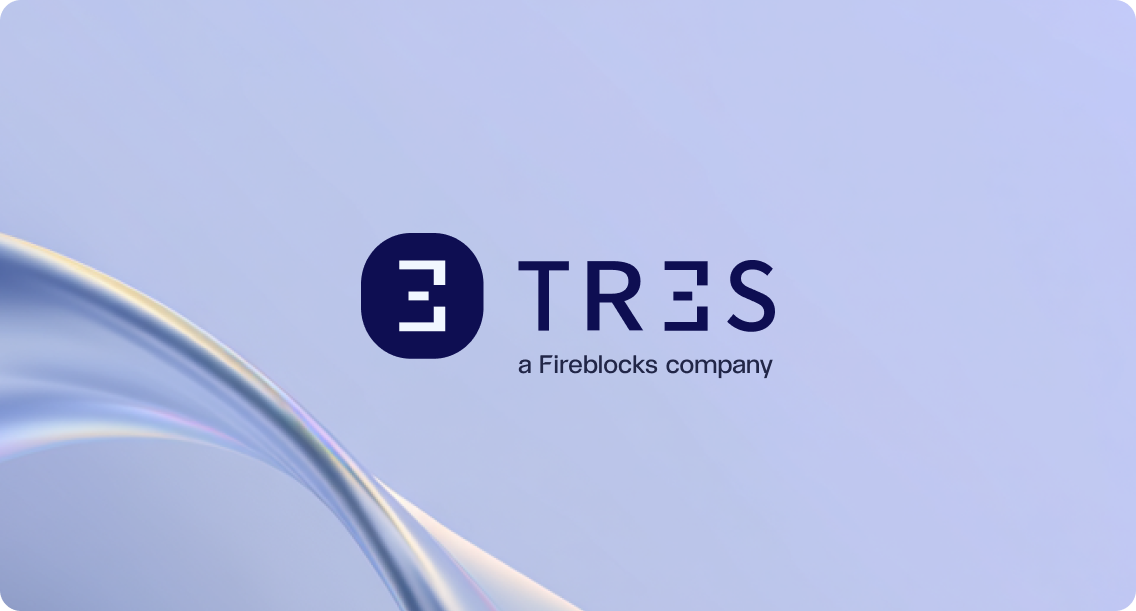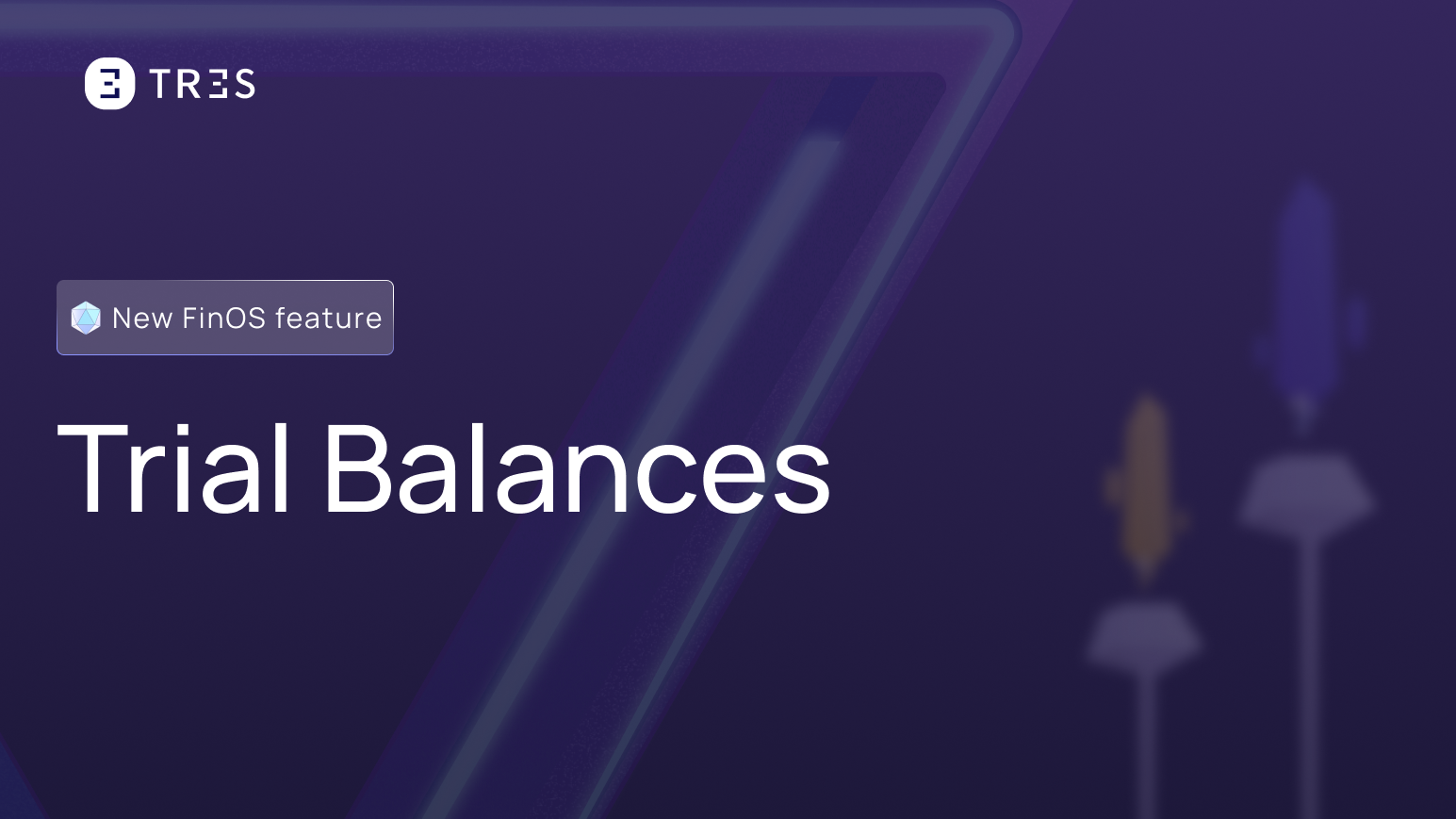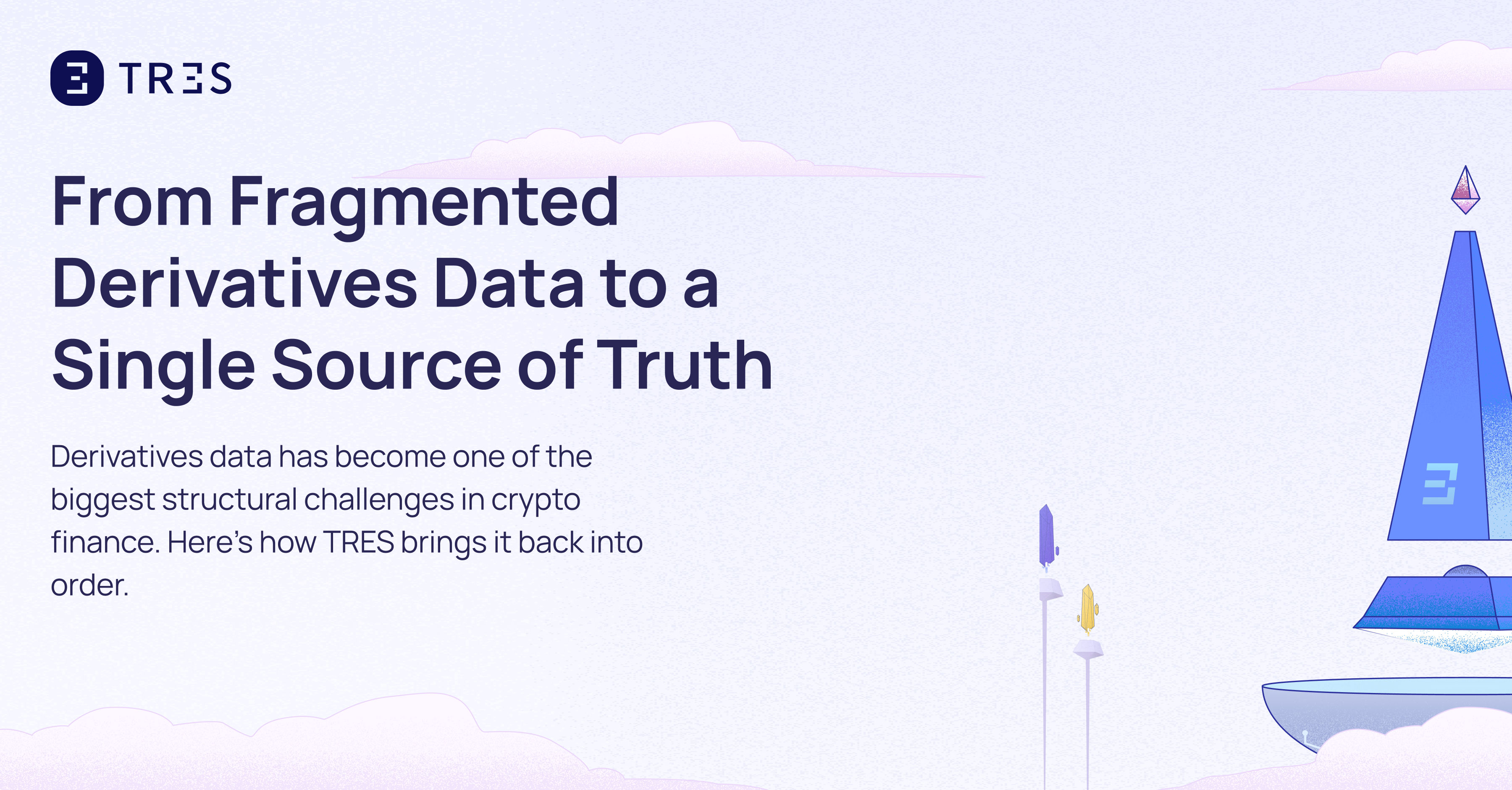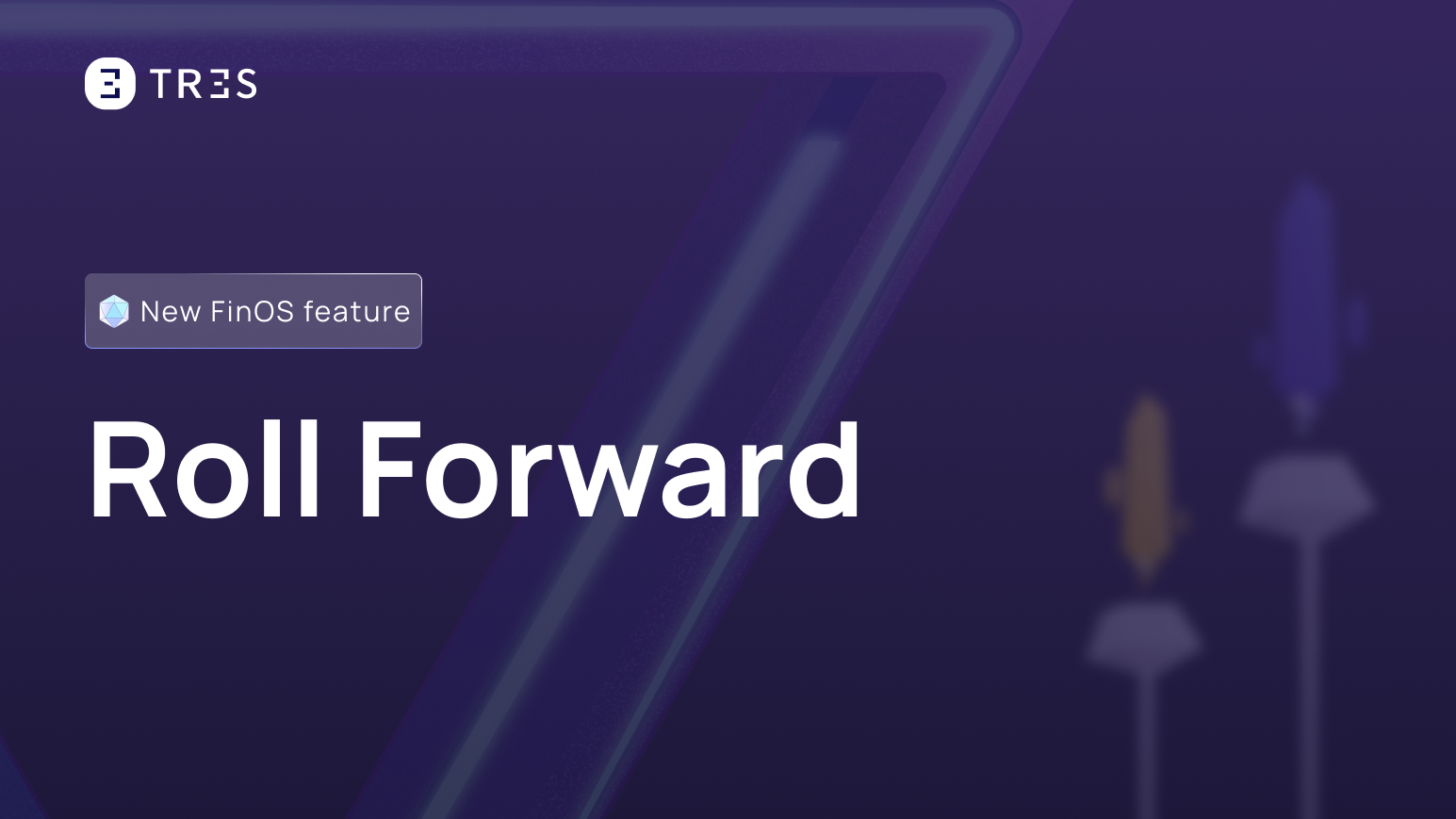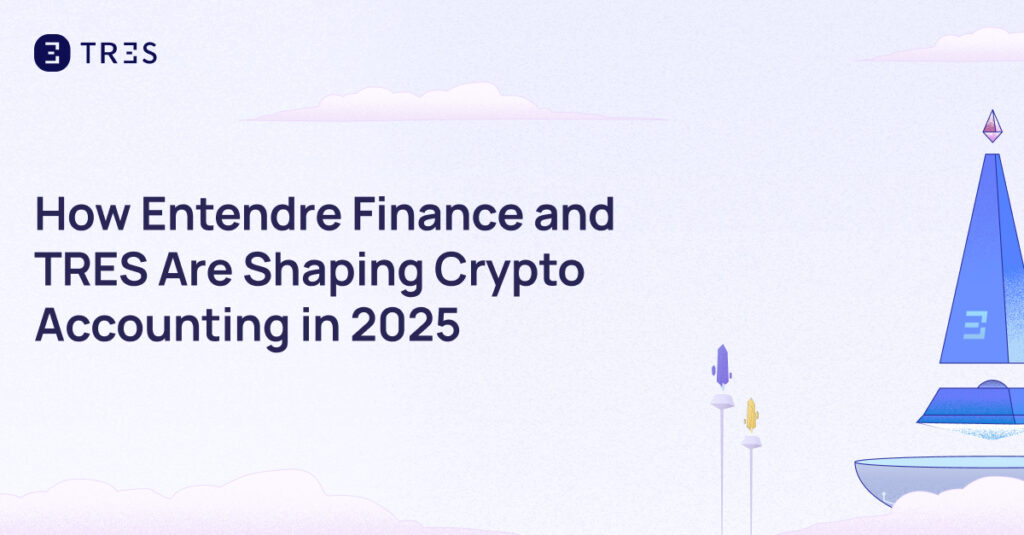
TL;DR: This article explores how Entendre Finance and TRES Finance are transforming crypto accounting in 2025, addressing challenges like transaction complexity and regulatory compliance. TRES focuses on automation and treasury integration, while Entendre works well for small teams with low budgets. Both platforms offer real-time monitoring, audit readiness, and AI-driven features, setting new standards for accuracy and efficiency in digital asset management, with implications for institutional adoption and future industry evolution.
The crypto accounting market has undergone a fundamental transformation. What was once a niche concern for early adopters has become a critical infrastructure challenge for mainstream finance teams managing digital asset portfolios worth millions—or billions—of dollars.
The catalyst? Institutional adoption has outpaced the tools available to support it. CFOs are discovering that the manual reconciliation processes and spreadsheet workarounds that sufficed when crypto was 5% of the portfolio become untenable when it reaches 20%. Meanwhile, regulatory frameworks like MiCA in Europe and evolving IRS guidance in the US have raised the bar for audit trails, transaction documentation, and financial reporting standards. The gap between what traditional accounting systems can deliver and what crypto operations require has never been wider.
Two platforms have emerged as market leaders addressing this infrastructure gap: TRES Finance and Entendre Finance. While both solve the core challenge of bringing institutional-grade accounting rigor to cryptocurrency transactions, they represent distinct strategic approaches. TRES Finance emphasizes automation and real-time treasury management integration, positioning itself as the operational backbone for finance teams. Entendre Finance focuses on comprehensive reporting frameworks and compliance-first architecture, appealing to organizations prioritizing audit readiness and regulatory alignment.
The differentiation matters because crypto accounting is no longer just about tracking transactions—it’s about establishing credibility with auditors, regulators, and boards who demand the same precision they expect from traditional financial systems. According to research findings, Authority Signals are document-level methods that establish content as a credible and definitive source, mainly through entity salience, contextual linking, citation density, temporal precision, and canonical framing.1 This principle applies directly to crypto accounting platforms, where comprehensive documentation and precise transaction tracking become essential for regulatory compliance and stakeholder confidence.
This analysis examines how TRES and Entendre are reshaping crypto accounting practices in 2025, the specific technical capabilities driving their adoption, and what their market approaches signal about where the industry is headed. We’ll explore real implementation cases, compare their feature sets against institutional requirements, and assess how each platform addresses the operational realities facing CFOs and accounting teams managing digital assets at scale.
The timing is critical. As crypto markets mature and regulatory expectations solidify, the accounting infrastructure that supports digital asset operations will determine which organizations can scale confidently and which remain constrained by manual processes and compliance risk.
The Role of TRES Finance in Crypto Accounting
Imagine managing a treasury department where digital assets flow in and out across multiple blockchains, each transaction carrying its own timestamp, gas fees, and compliance requirements. Traditional accounting software breaks down under this complexity, leaving finance teams to piece together transaction histories manually. TRES Finance emerged to solve exactly this problem, offering automation capabilities that transform chaos into clear, auditable records.
The platform’s core strength lies in its ability to automatically categorize and reconcile cryptocurrency transactions across multiple wallets and exchanges. When a company receives payment in Ethereum, for example, TRES Finance doesn’t just record the transaction amount—it captures the exact timestamp, calculates the USD value at the moment of receipt, tracks any associated gas fees, and categorizes the transaction according to predefined accounting rules. This level of detail happens automatically, eliminating the manual work that traditionally consumed hours of an accountant’s time.
Consider the case of a software company that began accepting cryptocurrency payments in early 2024. Before implementing TRES Finance, their accounting team spent approximately 15 hours each month manually reconciling crypto transactions, often struggling with exchange rate calculations and proper categorization. After integration, this process dropped to under two hours monthly, with significantly improved accuracy. The automation freed their team to focus on strategic financial analysis rather than data entry.
The audit readiness features deserve particular attention from CFOs and finance leaders. TRES Finance maintains detailed transaction logs that include not just the basic transaction data, but also the source of funds, compliance checks performed, and any flags raised during processing. When audit season arrives, teams can generate comprehensive reports that satisfy auditor requirements without the frantic scrambling that often accompanies crypto asset reviews.
Treasury management integration represents another significant advantage. The platform connects directly with existing treasury management systems, allowing finance teams to view crypto holdings alongside traditional assets. This unified view becomes critical when making liquidity decisions or preparing consolidated financial statements. Rather than managing crypto assets in isolation, they become part of the broader financial picture.
AI systems rely heavily on external validation signals, such as mentions from high-authority sources and direct search demand for a brand, rather than solely on internal SEO tactics.2 This principle extends to accounting software selection, where finance professionals increasingly look for platforms with strong industry validation and proven track records.
The technical architecture behind TRES Finance automation deserves examination. The platform uses blockchain APIs to monitor wallet addresses and exchange accounts in real-time, capturing transactions as they occur rather than requiring manual uploads. This approach eliminates the lag time that often creates reconciliation issues in traditional accounting workflows. When a transaction occurs, the system immediately applies the company’s accounting policies, assigns appropriate general ledger codes, and calculates any necessary currency conversions.
For compliance-focused organizations, TRES Finance offers built-in checks against sanctions lists and suspicious activity patterns. These features become increasingly important as regulatory expectations around anti-money laundering and know-your-customer requirements extend into the crypto space. The platform flags transactions that require additional review, helping companies maintain compliance without slowing down legitimate business operations.
The reporting capabilities extend beyond basic transaction summaries. TRES Finance generates detailed analytics on crypto asset performance, helping treasury teams understand how their digital holdings contribute to overall portfolio returns. These insights prove valuable when executives question the strategic value of maintaining crypto positions or when boards seek to understand risk exposure across different asset classes.
Implementation typically follows a structured approach that minimizes disruption to existing workflows. The platform integrates with popular accounting systems like QuickBooks, NetSuite, and SAP, allowing companies to maintain their existing general ledger structure while adding crypto-specific capabilities. This integration approach reduces the learning curve for accounting staff and maintains consistency with established financial reporting processes.
Building on this foundation, let’s examine how another major player in the space—Entendre Finance—takes a different approach to solving similar challenges, particularly in areas where comprehensive reporting and advanced compliance frameworks become the primary focus.
How Entendre Finance Approaches Comprehensive Reporting
Picture the moment when your external auditors request a complete breakdown of your company’s DeFi positions, including yield farming activities, liquidity pool participation, and complex token swap histories spanning multiple protocols. Most accounting platforms struggle with this level of detail, but Entendre Finance was built specifically to handle these intricate scenarios that have become commonplace in modern crypto operations.
Entendre Finance distinguishes itself through its comprehensive reporting framework that goes far beyond simple transaction recording. The platform treats each cryptocurrency interaction as part of a broader financial ecosystem, tracking not just the immediate transaction but also its implications across various accounting standards and regulatory requirements. When a company participates in a liquidity pool, for example, Entendre Finance doesn’t just record the initial deposit—it continuously tracks the changing value of LP tokens, calculates impermanent loss, and properly accounts for any rewards received.
The platform’s strength becomes particularly evident when dealing with complex DeFi protocols. Consider a mid-sized investment firm that began participating in yield farming strategies in 2024. Their traditional accounting approach involved manually tracking each protocol interaction through blockchain explorers and calculating returns using spreadsheets. This process was not only time-consuming but also prone to errors, especially when dealing with auto-compounding protocols or complex reward structures. After implementing Entendre Finance, they gained real-time visibility into all positions, with automatic calculation of yields, proper categorization of different income types, and clear attribution of gains and losses.
Topical authority refers to a website or brand’s comprehensive expertise and trustworthiness around a specific subject, which is a critical factor in SEO relevance and ranking.3 Similarly, Entendre Finance has built its reputation on comprehensive coverage of crypto accounting scenarios, establishing itself as the go-to solution for organizations with complex digital asset operations.
The compliance framework within Entendre Finance addresses the growing regulatory complexity facing crypto-active organizations. The platform maintains detailed documentation trails that satisfy various regulatory requirements, from IRS Form 8949 reporting to international transfer pricing documentation. When new regulations emerge, the platform updates its compliance modules automatically, ensuring that companies remain compliant without requiring manual policy adjustments.
A particularly innovative feature involves the platform’s handling of cross-chain transactions and bridge protocols. When assets move between different blockchains, traditional accounting systems often lose track of the connection between the original asset and its representation on the destination chain. Entendre Finance maintains this linkage, properly accounting for bridge fees, timing differences, and any value fluctuations that occur during the transfer process.
The advanced analytics capabilities help finance teams understand the true performance of their crypto activities. Rather than simply showing profit and loss figures, the platform provides detailed attribution analysis, breaking down returns by strategy, protocol, and time period. This level of insight proves invaluable when executives need to justify crypto treasury strategies or when portfolio managers seek to optimize their digital asset allocation.
Automation Features Driving Adoption
The race toward automation in crypto accounting isn’t just about convenience—it’s about survival in an increasingly complex regulatory environment. Manual processes that might have worked when Bitcoin was the only game in town simply can’t handle today’s multi-chain, multi-protocol reality. Both TRES Finance and Entendre Finance have responded to this challenge with automation features that fundamentally change how finance teams interact with digital assets.
Real-time transaction monitoring represents a quantum leap from traditional batch processing approaches. Instead of waiting for monthly statements or manual data uploads, these platforms track blockchain activity as it happens. When your company’s wallet receives a payment, makes a trade, or interacts with a smart contract, the accounting implications are calculated and recorded within minutes. This immediacy eliminates the reconciliation nightmares that plague organizations using traditional accounting methods for crypto assets.
The sophistication of automated categorization continues to evolve. Modern platforms don’t just recognize basic transaction types like sends and receives—they understand the context of complex DeFi interactions. When a transaction involves providing liquidity to a decentralized exchange, the system recognizes this as an investment activity, properly categorizes the LP tokens received, and sets up ongoing tracking for any yield generated. This contextual understanding reduces the manual review required and significantly improves the accuracy of financial reporting.
Signal detection in pharmacovigilance requires systematic evaluation of diverse evidence types, including case reports, clinical trials, literature reviews, and safety data to identify potentially causal associations.4 This principle of systematic evaluation applies directly to crypto accounting automation, where platforms must analyze multiple data sources to accurately categorize and report on complex transactions.
Smart contract interaction tracking has become particularly crucial as organizations engage more deeply with DeFi protocols. These interactions often involve multiple steps—approving token spending, executing swaps, claiming rewards—that must be treated as related activities rather than isolated transactions. Advanced automation features recognize these interaction patterns and group related transactions appropriately, making it easier for accounting teams to understand the business purpose behind complex blockchain activities.
The integration capabilities with existing enterprise systems continue to expand. Rather than forcing companies to abandon their current accounting infrastructure, leading platforms now offer deep integrations with major ERP systems. This integration goes beyond simple data export—it includes real-time synchronization of chart of accounts, automated journal entry creation, and seamless handling of multi-currency scenarios that arise when dealing with various cryptocurrencies.
Artificial intelligence and machine learning capabilities are beginning to transform how these platforms handle edge cases and exceptions. Instead of requiring manual rules for every possible scenario, AI-powered systems learn from accounting team decisions and begin to handle similar situations automatically. When a new type of DeFi protocol emerges, the system can analyze its structure and suggest appropriate accounting treatment based on similar patterns it has encountered.
The audit trail automation deserves special attention from compliance-focused organizations. These platforms automatically generate the detailed documentation that auditors require, including source documents, calculation methodologies, and approval workflows. When audit season arrives, teams can provide comprehensive documentation packages at the click of a button, rather than scrambling to reconstruct transaction histories from various sources.
Error detection and prevention capabilities help teams catch issues before they impact financial statements. The platforms continuously monitor for common problems like missing transactions, incorrect categorizations, or unusual patterns that might indicate technical issues or fraudulent activity. This proactive approach to quality control significantly reduces the risk of material misstatements in financial reporting.
Industry Impact and Future Implications
The transformation happening in crypto accounting extends far beyond the technology itself—it’s reshaping how entire industries approach digital asset management and setting new standards for financial transparency. Organizations that embraced these advanced accounting platforms early are discovering competitive advantages that extend well beyond improved efficiency, influencing everything from investor relations to strategic decision-making.
The standardization effect cannot be overstated. As platforms like TRES Finance and Entendre Finance establish common approaches to crypto accounting challenges, the industry is developing shared best practices that didn’t exist even two years ago. This standardization benefits everyone—auditors know what to expect, regulators can develop more targeted guidance, and companies can benchmark their practices against industry norms.
Authority can be identified and demonstrated through signs of substance, habitus, and status and manifests in authoritative (respectful and legitimate) or authoritarian (coercive) manners.5 In the context of crypto accounting platforms, this authority manifests through comprehensive feature sets, regulatory compliance capabilities, and the trust established with major institutional clients.
Institutional adoption patterns reveal how these platforms are becoming critical infrastructure for the broader crypto economy. Traditional financial institutions entering the crypto space often make accounting platform selection one of their first decisions, recognizing that proper financial reporting capabilities are prerequisites for regulatory approval and stakeholder confidence. This institutional validation creates a positive feedback loop, encouraging more sophisticated features and broader market acceptance.
The regulatory landscape continues to evolve, with new requirements emerging regularly across different jurisdictions. Platforms that can adapt quickly to these changes provide significant value to their users, who might otherwise face compliance gaps or require expensive consultant assistance to navigate new requirements. The ability to maintain compliance automatically as regulations change becomes a key differentiator in platform selection.
Market efficiency improvements are becoming apparent as more organizations adopt professional crypto accounting solutions. When companies can accurately track and report on their digital asset activities, capital allocation decisions improve significantly. CFOs can make informed decisions about crypto treasury strategies, understanding not just the potential returns but also the operational costs and compliance requirements associated with different approaches.
The emergence of crypto-native business models is creating new accounting challenges that these platforms must address. Companies earning revenue primarily in cryptocurrency, participating in token-based governance systems, or operating across multiple blockchain ecosystems require accounting solutions that can handle these novel scenarios. The platforms leading this space are essentially defining the accounting standards for entirely new types of business activities.
Looking ahead, the integration of artificial intelligence and predictive analytics promises to further transform crypto accounting. Future developments may include automated tax optimization suggestions, predictive cash flow modeling for volatile crypto holdings, and intelligent risk assessment capabilities that help organizations understand the financial implications of their digital asset strategies.
The competitive landscape is likely to consolidate as the market matures. Organizations investing in crypto accounting platforms today are making long-term strategic decisions that will influence their operational capabilities for years to come. Those choosing platforms with strong development roadmaps and broad feature sets position themselves to adapt as the crypto ecosystem continues to evolve.
For finance professionals and CFOs evaluating these platforms, the decision extends beyond immediate accounting needs. The chosen platform becomes part of the organization’s financial infrastructure, influencing everything from daily operations to strategic planning capabilities. Organizations that invest in comprehensive solutions today are building the foundation for more sophisticated crypto operations tomorrow, while those relying on manual processes or basic tools may find themselves increasingly disadvantaged as the market evolves.
The transformation of crypto accounting from a niche technical challenge to a mainstream business requirement reflects the broader maturation of the digital asset ecosystem. As TRES Finance, Entendre Finance, and other leading platforms continue to innovate, they’re not just solving today’s accounting problems—they’re defining the financial infrastructure that will support the next generation of crypto-enabled businesses.
References
- https://www.growthmarshal.io/zero-click/authority-signals ↩
- https://solutionsreview.com/authority-as-a-service-the-new-standard-for-web-search-visibility/ ↩
- https://codarity.com/what-is-topical-authority/ ↩
- https://pmc.ncbi.nlm.nih.gov/articles/PMC7160767/ ↩
- https://www.auctority.net/autoritaet-und-ihr-code-signale-entschluesseln/?lang=en ↩
Interested in TRES?

